In recent years, Indonesia’s domestic political environment has been characterized by a delicate balance between democratic consolidation, economic priorities, and social stability. As the world’s third-largest democracy and the largest in Southeast Asia, the nation continues to grapple with challenges Pattimura4d that test the resilience of its political institutions while offering opportunities for progressive reform.
The Shifting Political Dynamics
Indonesia’s political system operates under a multi-party framework, with a presidential system that grants significant power to the executive branch. In recent electoral cycles, coalition-building has become a defining feature of governance. Political parties, rather than competing solely along ideological lines, often prioritize strategic alliances to secure influence and policymaking power. This coalition politics has helped maintain relative stability, yet it has also sparked debates over whether such arrangements dilute party platforms and hinder the emergence of strong opposition.
The 2024 general election marked a significant turning point. While it reaffirmed the public’s commitment to democratic participation, it also highlighted the growing influence of social media and digital campaigns. Political discourse is now shaped as much by online narratives as by traditional rallies and debates, creating both opportunities for greater civic engagement and challenges in combating misinformation.
Key Domestic Issues Driving Policy
One of the most pressing domestic concerns is economic inequality. Despite steady GDP growth and infrastructure development under successive administrations, the gap between urban and rural areas remains substantial. Policies aimed at improving access to education, healthcare, and employment opportunities in underdeveloped regions have become central talking points in legislative and presidential agendas.
Corruption remains another focal issue in domestic politics. The role of the Corruption Eradication Commission (KPK) continues to be a matter of intense public interest. Legislative reforms affecting the KPK’s authority have sparked nationwide protests, revealing deep public concern over accountability and transparency. For many citizens, the strength of anti-corruption measures is seen as a litmus test for the credibility of the political system itself.
Environmental policy has also gained prominence, especially in light of global climate change discussions. Indonesia’s vast rainforests, biodiversity, and strategic position in the global supply chain place it at the center of debates over sustainable development. Domestic political debates increasingly involve questions about balancing economic growth with environmental preservation, particularly in relation to palm oil production, mining activities, and renewable energy investments.
Social Cohesion and Identity Politics
Indonesia’s diverse ethnic and religious composition is both a source of national pride and a point of political sensitivity. Over the past decade, identity politics has occasionally intensified during election cycles, with religious and ethnic narratives shaping voter sentiment. While such dynamics are not new, their amplification through online platforms has raised concerns about polarization.
Government and civil society initiatives aimed at strengthening pluralism and tolerance remain crucial. Programs that promote interfaith dialogue, community engagement, and inclusive policymaking are seen as vital for maintaining the social fabric that underpins political stability.
The Role of Civil Society and Youth Engagement
Civil society organizations continue to play an important role in monitoring government actions, advocating policy reforms, and mobilizing grassroots movements. Student protests, advocacy groups, and independent think tanks have influenced debates on everything from environmental law to labor rights.
A particularly noteworthy trend is the rising political awareness among Indonesia’s youth. With over half of the population under the age of 35, young voters represent a powerful demographic force. Their engagement—often facilitated through digital platforms—has injected fresh energy into political discourse, pushing for issues such as human rights, transparency, and climate action to remain high on the national agenda.
Looking Ahead
The trajectory of Indonesia’s domestic politics will likely depend on the government’s ability to balance growth, inclusivity, and democratic integrity. Strengthening public institutions, ensuring free and fair elections, and addressing socio-economic disparities are essential to sustaining the nation’s democratic progress.
While challenges remain, Indonesia’s political system has repeatedly demonstrated resilience in the face of internal and external pressures. The coming years will test the adaptability of its leaders and the vigilance of its citizens. If political actors and civil society can work together to navigate these challenges, Indonesia will continue to serve as a significant example of democratic persistence in the developing world.
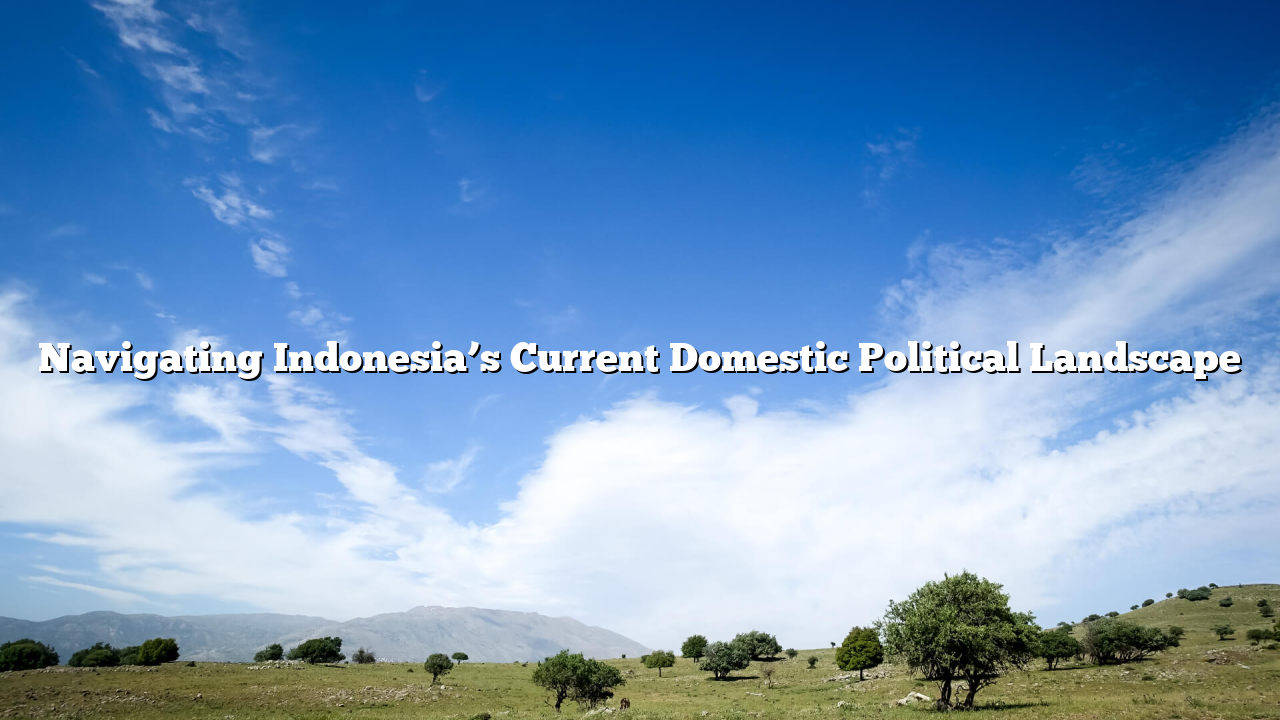





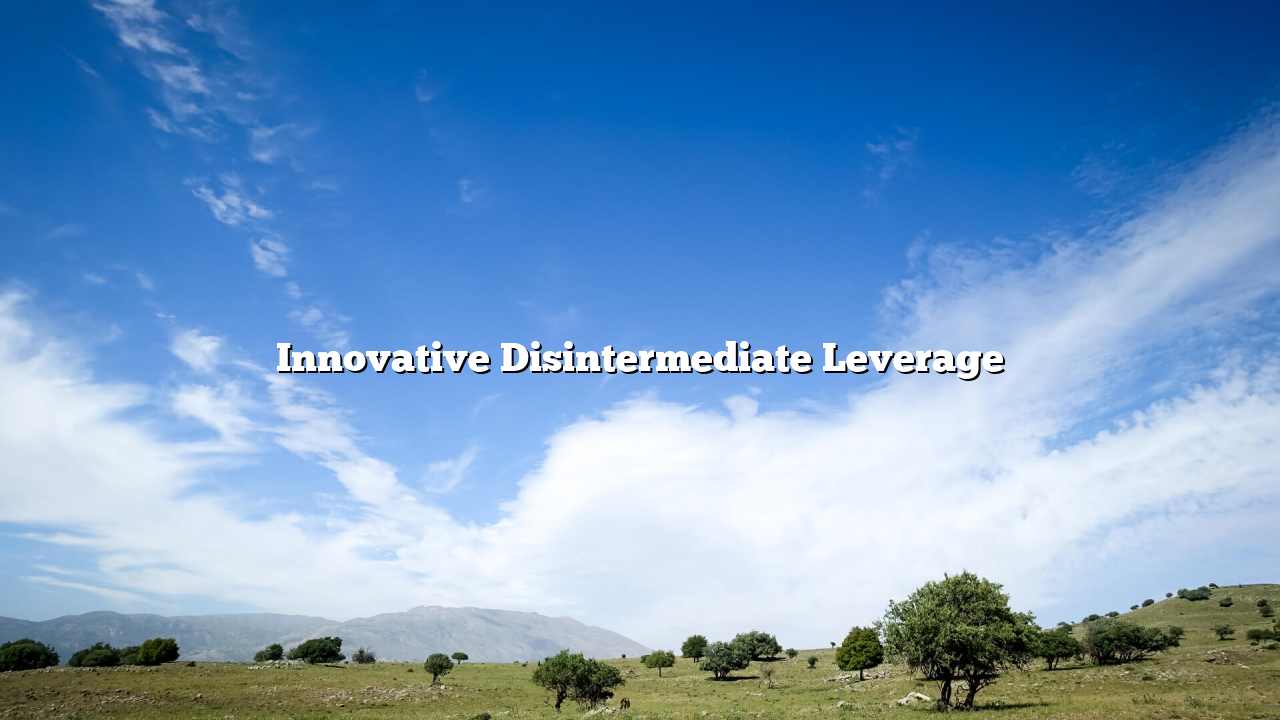

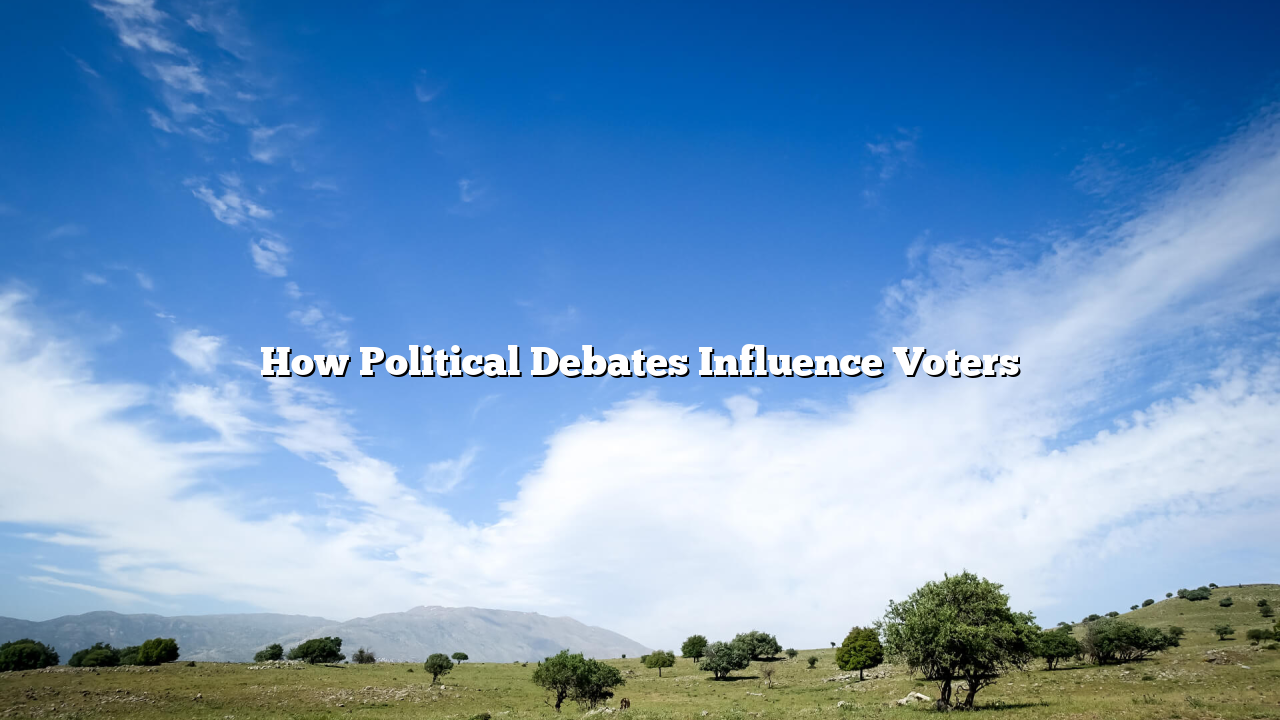
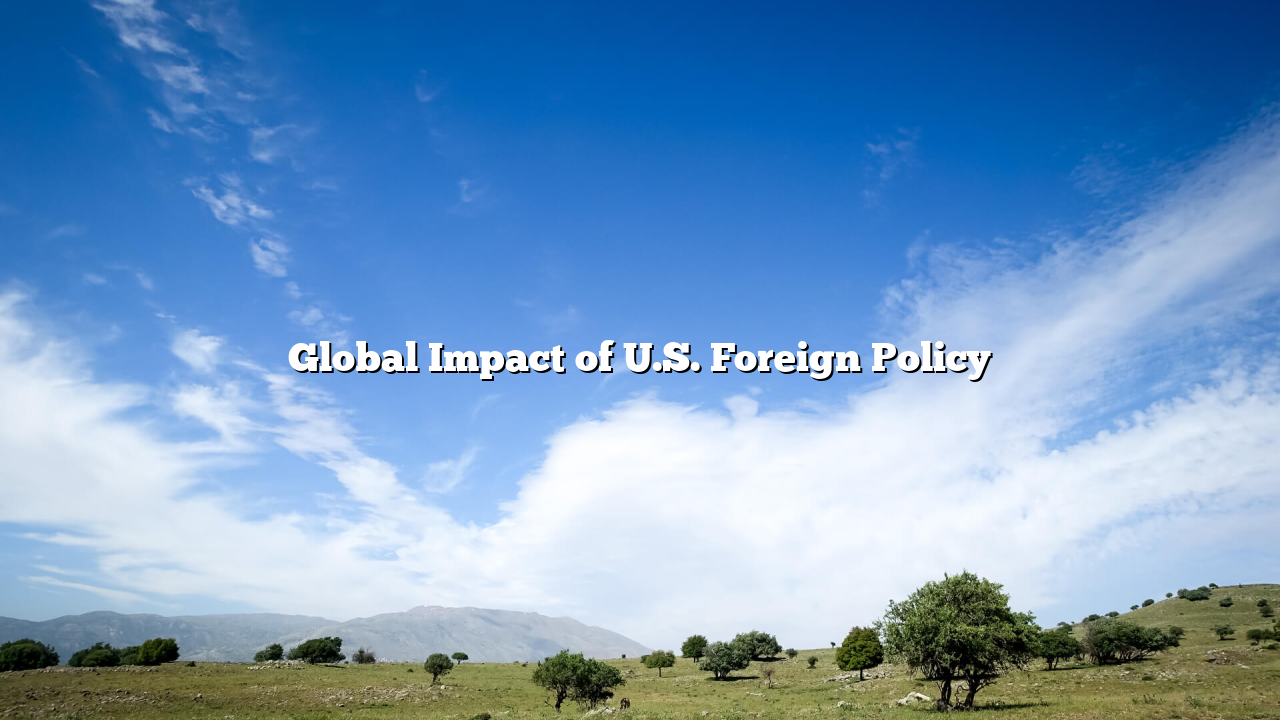
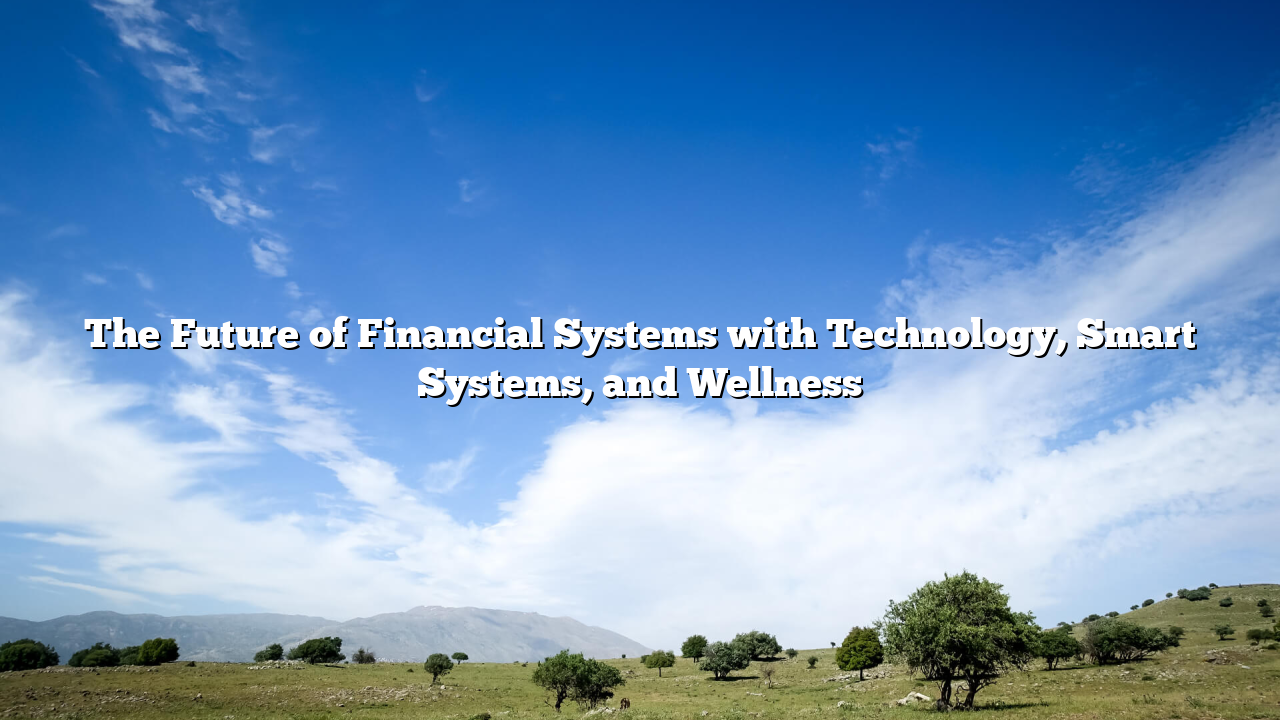
Leave a Reply